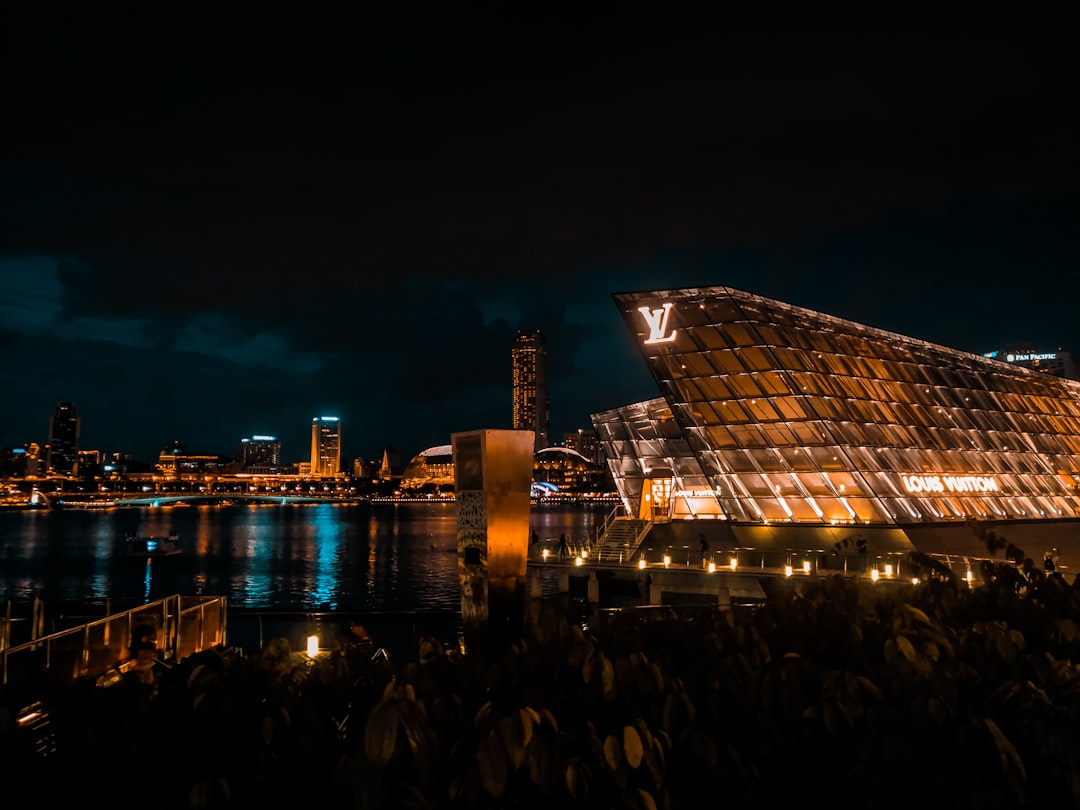
LVMH Moët Hennessy Louis Vuitton, the world’s largest luxury goods conglomerate, has reported a decline in its third-quarter sales, primarily driven by weaker-than-expected performance in Japan. The company’s results underscore the ongoing challenges in the luxury sector amid changing consumer behaviors and economic pressures.
Key Factors Behind the Decline
Underperformance in Japan: The luxury market in Japan has faced significant headwinds, leading to lower sales figures for LVMH. The company noted that reduced tourist spending and local consumer caution have affected demand for high-end products. This trend has been particularly noticeable in the fashion and leather goods segments, which are crucial for LVMH’s overall performance.
Global Economic Pressures: LVMH’s sales decline reflects broader economic challenges impacting consumer spending patterns globally. Inflationary pressures and rising costs are forcing consumers to reassess their discretionary spending, which is critical for luxury brands. According to the Earnings Historical API, many luxury retailers have faced similar challenges, suggesting that the current economic climate may be influencing the sector as a whole.
Potential Impact on Future Performance
Strategic Adjustments: In response to the weak sales in Japan, LVMH may need to reevaluate its strategies in key markets. This could include focusing on enhancing the shopping experience for consumers, ramping up marketing efforts, or adjusting pricing strategies to stimulate demand.
Luxury Market Resilience: Despite the current challenges, experts believe that the luxury market has historically shown resilience during downturns. While short-term fluctuations may pose risks, long-term growth potential remains strong, especially in emerging markets where consumer demand for luxury goods is expected to rise.
Conclusion
LVMH’s third-quarter sales decline highlights the ongoing challenges faced by luxury brands in adapting to changing consumer behaviors and economic conditions. While the weaker performance in Japan is concerning, the company’s ability to strategize and innovate will be crucial in navigating these turbulent times. As the luxury market continues to evolve, LVMH will need to remain agile to maintain its position as a leader in the industry.

